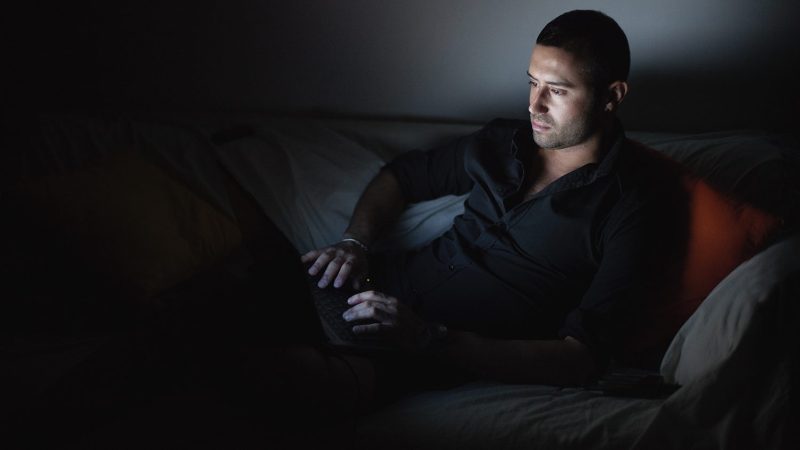
For those who have trouble going to bed or getting up early, there might be a biological reason that explains it. Rockefeller University researchers recently learned that a variant of a CRY1 gene slows down people’s internal clock.
Night owls, who either have trouble falling asleep or simply prefer to stay up later, have internal clock’s that run on a longer cycle than most, the research found. These individuals are often diagnosed with a condition known as Delayed Sleep Phase Disorder (DSPD).
In the findings, published last week in Cell, researchers said they believe this is because of the gene variant. The mutation is found in as many as one in 75 people, depending on the population.
“Compared to other mutations that have been linked to sleep disorders in just single families worldwide, this is a fairly impactful genetic change,” says senior author Michael W. Young, the Richard and Jeanne Fisher Professor and head of Rockefeller’s Laboratory of Genetics, in a press release.
The discovery came when Young and his colleagues studied the DNA of those diagnosed with DSPD. They had a mutation of the CRY1 gene that made the protein more active than usual, keeping the body’s other biological clocks switched for longer periods of time.
—RealClearLife
Whether you’re looking to get into shape, or just get out of a funk, The Charge has got you covered. Sign up for our new wellness newsletter today.























